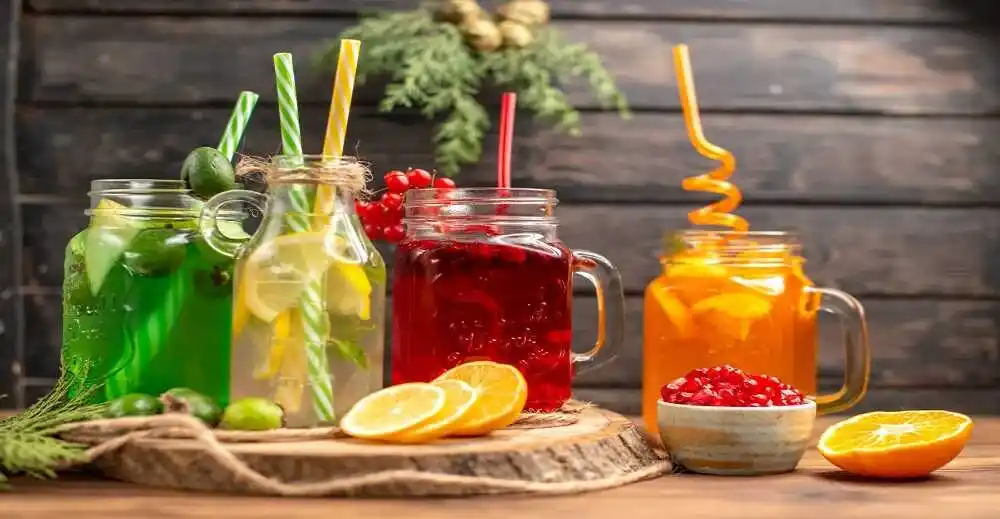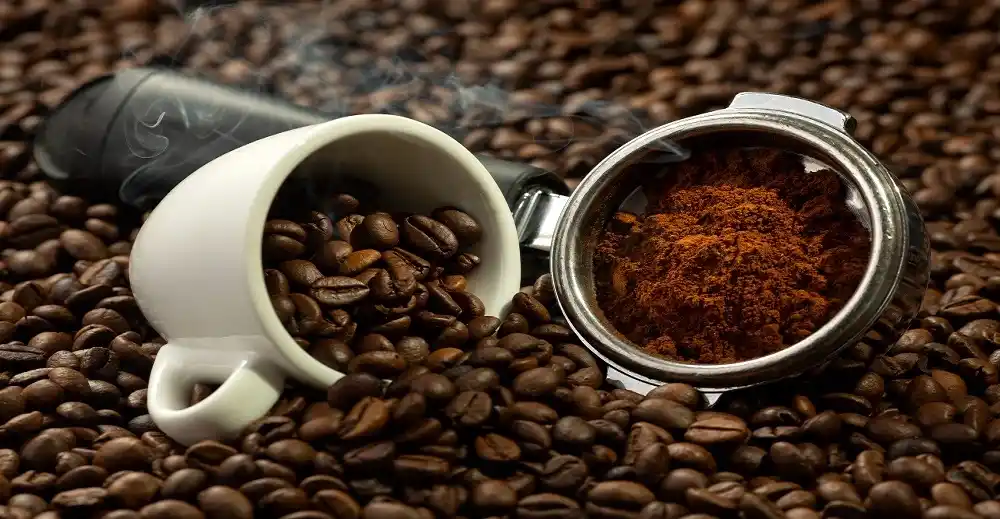Wood Vinegar- an Important Part of Organic Farming

Wood vinegar, or pyroligneous acid, is an aqueous liquid which is produced from pyrolysis of biomass and lignocellulose waste. It is in liquid form and consists of several compounds that are produced as a by-product of the bio-char production process. On the basis of heating rate, the pyrolysis type is classified as slow pyrolysis and fast pyrolysis.
Wood vinegar has a unique smoky odor and is in light yellow to brown color, depending on the feedstock properties and pyrolysis type used for preparing it. In the recent past years, wood vinegar has been widely used for various applications in industries such as pharmaceuticals, food, and agriculture. Wood vinegar has several applications and can be used in a variety of ways, including as an ingredient in medicines, a deodoriser, an additive to animal feeds, a mordant in the dyeing process, a filter in sewage treatment, a facilitator in the fermentation process, and a raw material in various other industries. However, both farmers and agricultural researchers have started looking into the use of wood vinegar as a natural alternatives to synthetic chemicals for improving crop yields and controlling pests without harming the environment.
.jpg)
The use of wood vinegar is rapidly increasing in the agriculture sector, particularly in the organic agriculture segment, with a great number of toxic-chemicals being replaced by wood vinegar for various applications- to combat disease and pests, improve the quality of the final produce, stimulate plant growth, and accelerate the speed of plant germination. With the agricultural sector and crop production being constantly exposed to dynamic and unpredictable challenges, pest and insect protection and crop nutrition has become the most important and crucial aspects of farm management.
Crop nutrition and pest protection are most important and delicate aspects of farm management since the production of various crops is exposed to various unpredictable challenges. As levels greenhouse gases and global warming are constantly rising, pest and diseases are getting spread in crops at an alarming rate. This is supported by various studies; according to the study led by a team of researchers from the University of Colorado Boulder and the University of Washington, crop losses is estimated to be most acute in areas where warming or high temperature raises both population growth and metabolic rates of pests and insects. According to a 2016 study, an analysis of 1,300 known pathogens and pests estimated their potential cost to global agriculture at over US$40 billion annually if they continue to spread.
The burgeoning global population is leading to a rapid rise in food insecurity. The figure below shows the total population worldwide for the period 2010-19:
Global Population Data, in Billion, 2010 to 2019

Source: The World Bank Group
The world’s population has grown to 7.674 billion in 2019 from 6.922 billion in 2010 (source: World Bank Group). Crop losses due to pest and insect attacks is further piling up this growing food insecurity. As a result, the use of agrochemicals such as pesticides and fertilizers is growing rapidly. According to the World Health Organization (WHO), there are more than 1,000 pesticides that are used worldwide, ensuring the safety of food crops from pests and insects. Also, as per the Food and Agriculture Organization of the United Nations statistics (FAO), the global trade volume of pesticides surged from 10,230,567 tonnes in 2015 to 11,552,828 tonnes in 2018.
Global Trade Volume of Pesticides, in Tonnes, 2015 to 2018
.png)
Source: The Food and Agricultural Organization of the United Nations (FAO)
However, high usage of pesticides is not only dangerous to the human health but also to the major cause of death due to self-poisoning, especially in low- and middle-income countries. This is because pesticides are highly toxic and can easily spread in the environment. Farmers and agricultural workers are the most at-risk population as they apply pesticides and so, are in the direct exposure to these harmful chemicals. Also, many studies have also proved the link between pesticides and various diseases such as ADHD, cancer, Alzheimer’s disease, and even birth effects. These chemicals also throw the whole ecosystem off balance by polluting water sources and reducing the soil fertility.
The emerging popularity of organic farming is boosting the demand for natural pesticides and other chemicals and wood vinegar is one such natural substitute of those harmful chemicals. It is an excellent pesticide as well as fertilizer that helps elimination of pests, improves soil quality, and assist in the plant growth control. It is also used to increase the amount of fruits produced in orchards. As the consumers’ appetite for organically produced food is growing at a fast pace, farmers as well as governments are taking organic farming more seriously. According to the United States Department of Agriculture’s National Statistics Service, there were more than 14,000 certified organic farms in the country in 2016, representing a 56 per cent increase from 2011. In the European Union (EU), although organic agriculture currently represents only 6.7 per cent of the member states’ farmland and farmers are facing many challenges, the number is growing year on year, according to the Bioekspert, a certification body in organic farming. In 2018, the Organic Federation of Canada received the federal investment of upto $8.3 million by the Canadian Ministry of Agriculture and Agri-Food under the Canadian Agricultural Partnership. This investment aimed to help the country’s organic sector boost productivity through better soil fertility and health management as well as improve pest management while evaluating the environmental impact of organic farm practices. Hence, growing shift towards organic farming is one of the most promising areas for wood vinegar manufacturers to expand their position, thereby driving the market growth during the next five years.
ABOUT THE AUTHOR:
Anjali Joshi is a senior market research analyst at Knowledge Sourcing Intelligence. She oversees a team of analysts and is known for the quality of market intelligence she delivers to the clients which range from start-ups and Non-profit Organizations to Fortune 500 companies. Anjali’s keen understanding of international business and market dynamics, coupled with her years of experience working in this industry, allows her to analyse current and future trends across both global and clients’ target markets and help them in making informed decisions.
Get in Touch
Interested in this topic? Contact our analysts for more details.
Latest Blogs

Solar Control Window Films Market expected to reach USD 1,224.951 million by 2030
RecentlyTop Companies Leading the Silicon-Based Capacitor Revolution
Recently
The Role of Chemical Blowing Agents in Sustainable Foaming Solutions
Recently
Top 10 Emerging Beverages Set to Dominate the Market in the Coming Years
Recently